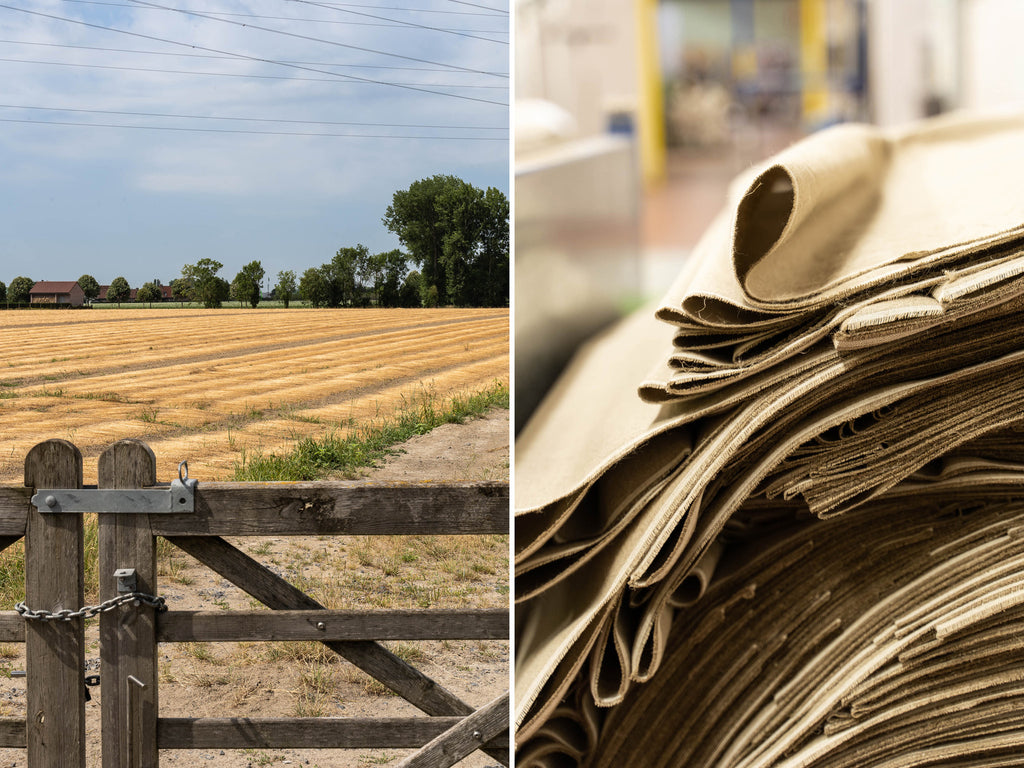
Oeko-Tex certification, also known as Oeko-Tex Standard 100, is an independent certification system for textiles. It sets strict requirements and testing criteria to ensure that textile products are free from harmful substances and chemicals. Here are some key aspects of Oeko-Tex certification:
-
Product Safety: The Oeko-Tex certification ensures that textile products, including fabrics, threads, buttons, and other components, do not contain substances that are harmful to human health. The certification tests for a wide range of chemicals, including heavy metals, formaldehyde, phthalates, pesticides, and many others.
-
Standardized Testing: Oeko-Tex certification follows standardized testing procedures and limits for specific substances. These limits are updated regularly based on the latest scientific knowledge and regulatory requirements. The certification applies to all stages of textile production, including raw materials, intermediate products, and finished items.
-
International Recognition: Oeko-Tex certification is recognized internationally and is widely accepted as a benchmark for textile safety. It provides assurance to consumers that certified products have undergone rigorous testing and meet the established safety standards.
-
Confidence in Textile Products: The Oeko-Tex certification label gives consumers confidence that the textile products they are purchasing have been tested for harmful substances. It helps consumers make informed choices and encourages manufacturers to produce textiles that prioritize human health and environmental sustainability.
-
Sustainability Considerations: While Oeko-Tex primarily focuses on the safety aspects of textiles, the certification also includes some sustainability criteria. For example, the certification requires compliance with certain environmental standards and restrictions on the use of certain chemicals that are harmful to the environment.
It's important to note that Oeko-Tex certification specifically addresses the safety of textile products, but it does not cover broader aspects of sustainability, such as social responsibility, environmental impact, or organic production. Other certifications and standards may be necessary to evaluate these aspects of a textile product's sustainability.
At Ink & Spindle we source our textiles from well reputed mills that also place a high emphasis on social responsibility and environmental impact. Once the plain textiles reach our studio we continue to uphold these values. Learn more at our Environment page.